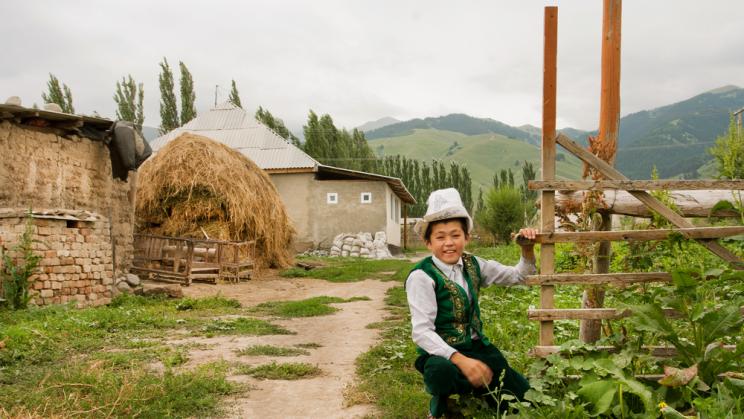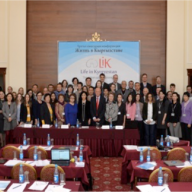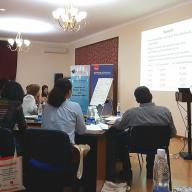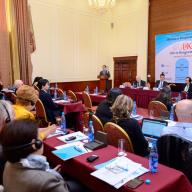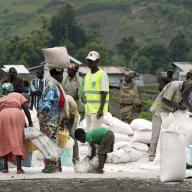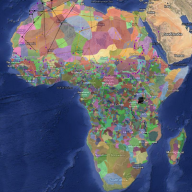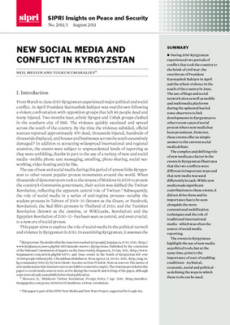Archived research
This page is for historical purposes and is no longer maintained
Impact evaluation of peacebuilding in Kyrgyzstan
The LivingSidebySide® (LSBS) peacebuilding programme consists of regular inter-ethnic meetings and activities and is designed to foster ethnic tolerance and skills for resolving conflict among young adults aged between 15 and 18. The training is designed to impact the attitudes and behaviour of young adults in relation to members of various social groups, including ethnic groups. It aims to achieve this impact through increased awareness and knowledge, increased levels of trust and broadened multiethnic networks of friends and acquaintances, and leadership and conflict-resolution skills acquisition.
SIPRI assesses how sucessful the programme is through a rigorous imapct evaluation. The impact evaluation employs a randomized control trial (RCT) and covers 20 schools in three southern oblasts of Kyrgyzstan: Osh, Batken and Jalalabad. The LSBS programme included three rounds of training in 10 randomly selected schools between February and November 2014, while the other 10 schools served as a control group for the impact evaluation. All impact indicators are measured using (a) primary survey data (pupils and household-level questionnaires); (b) secondary survey data from school records; (c) artefactual field experiments that comprise games to measure behaviour (e.g. trust, altruism, cooperation, risk); and (d) qualitative methods, such as focus group discussions and in-depth interviews. In addition, participating students’ social networks are identified and the relevant subjects are surveyed within and outside these networks.
The LSBS training programme is developed and jointly implemented by two non-governmental organizations: Legacy International (USA) and Center Interbilim (Kyrgyzstan). This initiative supports the ongoing agenda of the Kyrgyz Government and the Ministry of Education to promote multicultural peace in the country through education.
The project is funded by the International Initiative for Impact Evaluation (3ie) and implemented by SIPRI in cooperation with the United Nations University Maastricht Economic and Social Research Institute on Innovation and Technology (UNU-MERIT) and the University of Central Asia (UCA). The project will run from January 2014–June 2016 (following a preparation grant in the period September 2013–January 2014).
Research staff
no researchers
